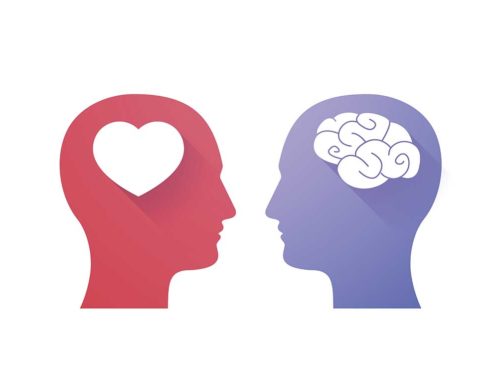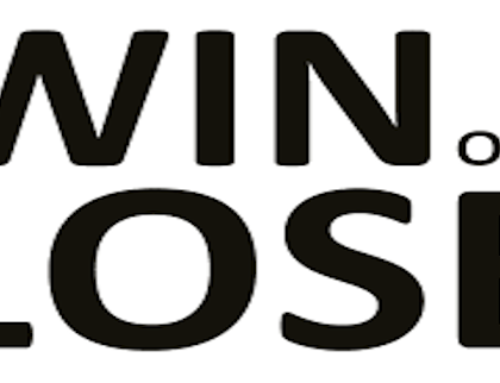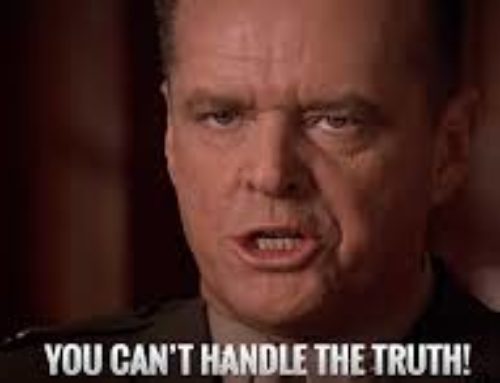A critical challenge facing every startup Founder is when to hire their first full-time sales leader. Every business is different, and the exact time to invest in sales personnel varies from company to company.
If that weren’t enough, the stakes are also incredibly high for choosing the right salesperson to grow your business. If you make the wrong hire, you probably won’t know it for about a year or so due to the nature of long B2B sales cycles. Oh, and as we all know, salespeople expect to be paid, so you’ll be footing the bill for their help whether their help is working or not.
To delve into the conundrum of when to hire your first salesperson and what you should look for, I recently spoke with my good friend Eric Boggs, CEO of RevBoss, a startup in Durham, NC that helps B2B sales teams find prospects, build pipeline, and grow fast.
This interview has been transcribed, edited, and re-ordered for clarity from a recent podcast episode. If you would like to listen to the full audio, check out the full interview with Eric Boggs at Best Selling Podcast or just use the media player below.
Vince Beese: How do you know when it’s time to hire your first sales rep, or hand over the reins to someone else?
Eric Boggs: The indicator for when you need to make this transition is actually customer success.
It’s not a sales metric at all. You’re getting these deals done and you start to see a lot of repeatability in customers liking the product and liking what you have. That’s a golden indicator that signifies okay, I feel comfortable taking the next step. When you’ve got repeatability, it’s time to bring someone in.
And often another sign of that is, as the Founder, you are so overworked with selling that you’re dropping the ball. Deals aren’t getting done, or things are slowing down, and you kind of become a bottleneck in your organization. You have to think about the type of person that you bring in.
Obviously there’s data that can indicate when to hire a sales rep, if you have that kind of software/SaaS product. That might just be simple pipeline metrics — the leads, demos, closes, etc., with the caveat that you don’t want to dilute your pipeline. And this is a mistake that I’ve made that I’ve seen a lot of people make. It’s like, well, if I just hire more salespeople, I’m going to magically get more sales. And that often works, but many many times, in fact, I would I would argue most of the time, it doesn’t work. Unless you’re a really good sales manager and a really good demand-gen person, hiring more salespeople very early on is just going to dilute what you’ve got.
Vince Beese: So it sounds like what you’re saying here, as a Founder, when you find you’re in over your head, and that you’re dropping the ball in getting these deals done when you have too much to do besides your day job of running the company, it’s probably time to think about hiring a salesperson.
So if that is the case, how do you translate — is there any translation from what a Founder does in sales to that first salesperson?
Meaning, the Founder is going to sell based on passion, and guts, and — gosh, it’s their baby, right? So it’s very apparent to the person you’re selling to that this person really knows what they’re doing. They love their product. They’re passionate about their product.
Are there ways you can translate that into your first hire?
Eric Boggs: When you’ve hired this next person, you’ve got to figure out how to get them to where you are without the benefit of being the Founder and having the credibility of saying I’m the Founder of the company.
So it’s tough and that’s actually going to take more time. So hiring your first salesperson basically means now you need to spend even more of your time selling to get this person up to speed.
A mistake that I’ve made and that I’ve seen many people make, is well, I’ve hired a sales person — I guess I don’t need to really sell anymore! And that’s just that’s disaster.
When you hire someone for this role, you actually are going to need to focus on it even more. You’ve got to take what you have learned and distill it into some SAP Business One process and transition that to someone brand new in your organization — who is not the founder, who will rarely be able to convey the same passion, and energy, and deep love of products and markets that you’ll have.
Vince Beese: All right. So making the commitment to hire is not that difficult, but hiring the right person is difficult.
What are the lessons you’ve learned over the last bunch of years in hiring your first sales rep?
Eric Boggs: When making that first hire, I’ve had success with the young guy right out of college. I’ve had success with the woman that’s our Director of Sales now at RevBoss. She’s worked in apartment leasing forever, and started at the bottom at Citrix and kind of worked her way up quickly. So it’s not like she has 15 years of sales experience. But she’s been a killer for us.
Vince Beese: So what are the characteristics then? There must be common characteristics you’re looking for in this early hire.
Eric Boggs: Yeah, I think that that’s kind of the thing. Hiring the first, second, third person is a lot different than hiring the 10th, 11th, 12th person. At 10-11-12, you are executing a process. You need someone that is primarily process-oriented. In your first or second hire, you need somebody that can kind of “figure it out.”
A person really drove this home to me once that startups are like a jazz combo, where you’ve got the sax player, the bass, the keys, and the drums. Your first salesperson is is like the sax player that can just kind of improvise, right?
And over time, you kind of become a big band and eventually an orchestra. Later on your team needs to be able to play from the page, but at the outset you need somebody that can just go and figure it out. And so, we look for intelligence, we try to screen for personality traits that indicate flexibility and improvisation.






Leave A Comment